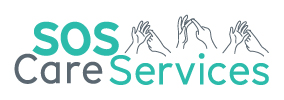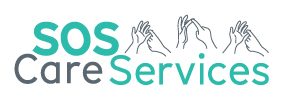What is a disability?
A disability is any condition of the body or mind (impairment) that makes it more difficult for the person with the condition to do certain activities (activity limitation) and interact with the world around them (participation restrictions).
(Information from: CDC.gov)
Information from the World Health Organization
According to the World Health Organization (WHO), disability has three dimensions:
- Impairment in a person’s body structure or function, or mental functioning. Some examples of impairments include loss of limbs, loss of vision, and memory loss.
- Activity limitation, such as difficulty seeing, hearing, walking, or problem solving.
- Participation restrictions in normal daily activities such as working, engaging in social and recreational activities, and obtaining health care and preventative services.
A disability can be related to conditions that are present at birth, associated with developmental conditions (such as Autism and ADHD), related to an injury, associated with a longstanding condition (such as Diabetes), or progressive (such as Muscular Dystrophy).
It is estimated that approximately 1.3 billion people currently experience significant disability. This number is increasing, and currently stands at approximately 16% of the global population.
(Information from: World Health Organization)

The legislation underpinning Disability
Please click on the Equality Act 2010 below to read Section 6 regarding Disability:
Please click on the Convention on the Rights of Persons with Disabilities link below for a breakdown of all articles included:
Convention on the Rights of Persons with Disabilities
Supporting those with a Disability
More information about Disabilities can be found at the Disability Rights UK website, whose vision is to create a society where Disabled people have equal power, rights, and equality of opportunity. Please click on the Disability Rights UK link below to find out more:
Contact is a registered Charity that was founded in the 1970s, whose vision is to ensure that families with Disabled children feel valued and are strong, confident, and able to make the decisions that are right for them. Please click on the Contact link below for more information:

